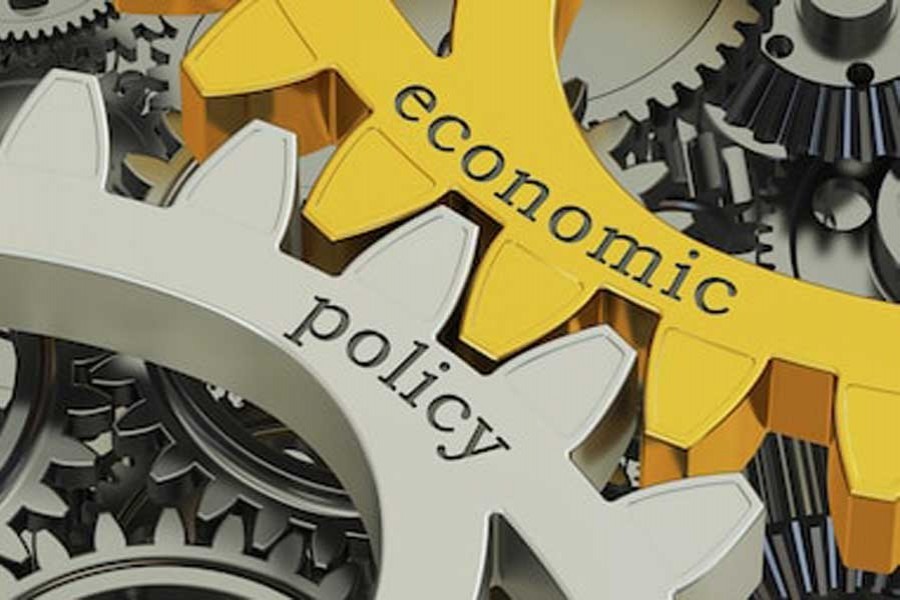Traditional market-based economic theory see the economic being within an economic system to function when there is free flow of information with full bargaining power. This leads to efficient allocation of resources and maximisation of producer and consumer surplus and maximisation of welfare in the society. Market delivers efficiency and believes in minimum government intervention. During great Depression of 1930s, Keynesian theory identified lack of aggregate demand in market place from people as the leading obstacle to growth. When effective demand is less in the market, exogenous stimulus, which can come from government intervention, can help creating driver of production.
COVID-19 EFFECT ON MARKET FUNCTION: In the Covid-19 scenario, state intervention is the highest and has stopped the function of free market system by putting an artificial blockade on effective demand through supply chain regulation. In such current scenario, aggregate supply is also slashed due immediate shut down of the production process in all the sectors. This artificial drastic cut in demand and supply has led to a very low level of equilibrium, lower Gross Domestic Product (GDP) and lower employment. Hence the contraction in both the supply and the demand forces has led to a drastic fall in the economic activities in all sectors. The full employment equilibrium is far reaching and efficiency of market is also killed.
WHAT NEXT: Usually economy goes through phases but the outbreak of Covid-19 gave no room to prepare for this downturn. So waves of uncertainties are emerging about economic activities. Can Keynesian prescription during great depression be followed in the current scenario through fiscal incentive when problem is not one of lack of effective demand? If demand management policies are not a solution then can the supply side policies be an option for economies?
The supply side policies are effective in the long run that needs government stimulus and planning for a positive shift is supply and overall capacity building. Building up human capital and social capital in digital platform will be suitable for specific sectors and certain group in the economy. But the majority population will be excluded from such benefits and this will not lead to a massive shift in capacity building in the developing economies.
In case of these economies where informal sector is no less contributor compared to formal sector, it is more important to build-up support system for informal sector for their bare survival.
To tackle the problem in the short run government cannot overrule the necessity of restricting human movement in the local territory and global border to maintain physical social distancing hence there is going to be immediate supply shock and demand shock afterwards. Due to imposed supply shock there is forced lack of aggregate demand that are empowered with higher purchasing power in the economy. In such economic downturn people with lower purchasing power also tend to save more as a precautionary step towards future uncertainty and we are heading towards a consequence envisaged by economics as Paradox of Thrift.
This internal demand shock will be further multiplied with less external demand and less export income will create more burden on the economy. But import will be slashed as well because of closure of international borders. Our trade balance shows more import payment than export receipt. So can we see a new opportunity for new pattern of economic growth for countries like ours focusing on import substituting industries and generate internal demand as masses still need good life.
Hence shifting focus from external trade, remittance, external aid towards a thriving domestic economy and strong incentive for financial capital to find new investment opportunity within the country and region will pave the way forward for handling any such crisis in future.
The writer is an assistant professor,
Department of Economics
East Delta University. [email protected]


